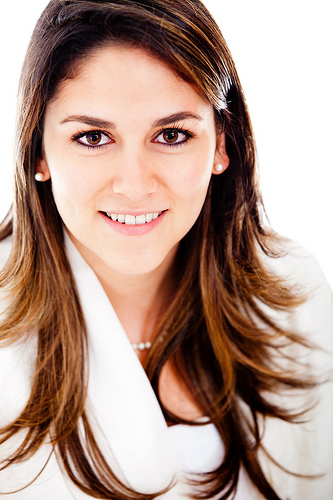Are you nervous about seeing the dentist? You’re not alone!
April 27th, 2022

With advances in modern dentistry, a trip to Zarrella Dentistry these days is pretty routine. But visiting Dr. John Zarrella and Dr. Peter C. Rider and our team still makes some patients anxious—so much so that they don’t go as often as they should and end up with costly complications down the road, such as tooth decay or gum disease.
When it comes to dental care, prevention is the best medicine. And that begins with regular checkups and dental cleanings at our convenient Ashland office. Today, we thought we would offer five tips for taking the pain out of a visit to see Dr. John Zarrella and Dr. Peter C. Rider:
1. Ask yourself: What are you most afraid of? Is it the sound of the drill? Do you have needle phobia? Have you been traumatized by previous dental visits? Write down your fears, one by one and talk about them during your visit.
2. Don’t wait. The more frequently your visit our office, the less work will need to be done at any given visit. Simply having your teeth cleaned professionally by Dr. John Zarrella and Dr. Peter C. Rider twice a year prevents many, if not most, problems down the road.
3. Bring a distraction such as music to your appointment. Just plug in those earphones, close your eyes, and get lost in the music. Listening to tunes can also be a pain killer.
4. Unwind. Inhaling slowly and counting to five helps. Try holding your breath for ten seconds, then exhale slowly to the count of eight, and repeat as needed.
5. Ask us. Before any given procedure, we encourage you to ask Dr. John Zarrella and Dr. Peter C. Rider or one of our assistants why we’re using the tools we’re using. Ask us what we’re doing, what the tool is used for, and how it benefits you. Also, please ask about anti-anxiety medications we may prescribe to help you relax during your appointment.
If you suffer from dental anxiety, a visit to Zarrella Dentistry might seem like a daunting prospect. Perhaps you had a bad experience in the past, but whatever the reason, please know that at our Ashland office, there is nothing to be afraid of.
Remember, you’re not alone. We understand that going to the dentist isn’t easy for everyone. In fact, the Journal of the American Dental Association estimates that as many as 12 percent of adults suffer from dental anxiety so bad that they avoid the dentist altogether. Many more suffer from varying degrees of dental anxiety, which often results in poor oral health.
If you suffer from dental anxiety, your fears don’t have to keep you from seeing Dr. John Zarrella and Dr. Peter C. Rider. Our patients at Zarrella Dentistry are our most important asset, and we strive to create a comfortable experience, no matter how long it has been since your last visit at our Ashland office. We hope to see you soon!







